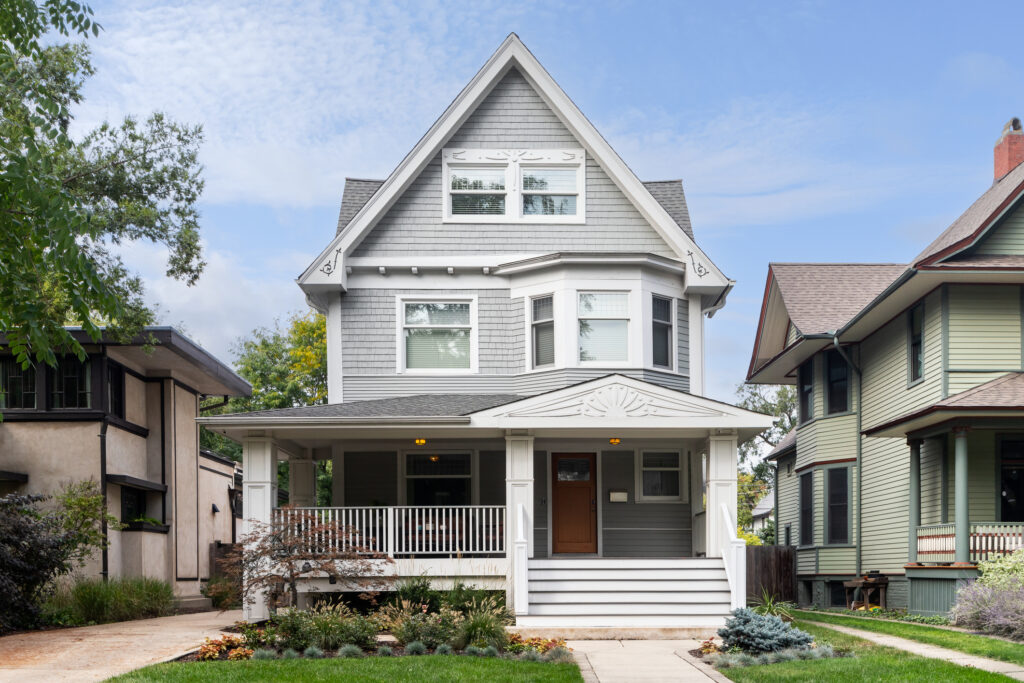Des Moines’ proposed zoning code is ‘very regressive’ commission told during public hearing

KATHY A. BOLTEN Jul 19, 2019 | 3:08 pm
3 min read time
746 wordsAll Latest News, Real Estate and DevelopmentNumerous adjectives were used Thursday to describe Des Moines’ proposed new zoning code, including “prescriptive,” “overreaching” and “exclusionary.”
“This is a very regressive code,” Dan Knoup, executive officer of the Home Builders Association of Greater Des Moines, said at a public hearing on the proposed code that includes development guidelines for single-family houses. “The citizens in the neighborhood communities are losing their voice.”
Des Moines is in the midst of updating its zoning code, which provides development guidelines for industrial, commercial and residential districts. Before the Des Moines City Council adopts the code it must first be approved by the Plan and Zoning Commission, which held a public hearing Thursday attended by nearly 80 people.
Several homebuilders and real estate agents say the code’s guidelines will make buying newly built houses unaffordable for buyers with moderate incomes. Included in the code are requirements on the types of building materials that can be used to build single-family houses as well as minimum size requirements. The code also requires new houses to have full basements and garages.
The commission will vote in August on the code and any recommended changes.
The city’s current code was adopted in 1965 and has been amended more than 300 times, Mike Ludwig, Des Moines planning administrator, told commission members Thursday.
The code is “not very user-friendly. There’s conflicts in the document [regarding] designs and regulations,” he said.
Ludwig said the proposed code is easier to navigate and developers will have a faster path to getting projects approved if they meet all design requirements. “This will eliminate the need for public hearings,” he said.
He told the commission the proposed zoning code supports affordable housing in several ways:
- It eliminates timely and costly duplicative approval processes.
- It allows the construction of more multifamily structures such as duplexes and fourplexes.
- It allows houses to be built on smaller lots sizes.
- It allows accessory housing units such as apartments over garages.
Ludwig said developers who want to build houses that don’t conform with the city’s code can ask for variances from city staff, the Plan and Zoning Commission and the City Council. In addition, he said city staff will have the authority to waive the basement requirements in some areas of the city.
However, he said, “we think [basements] provide economical space for growth in that home. …This gives the opportunity for people to grow in place in their existing house.”
Ludwig said an analysis showed that properties without garages did not appreciate at the same pace as those with the structures. In addition, “we have issues with improper storage on properties without garages,” he said.
Developers who want the garage requirement waived must get it from the planning commission; it’s not a requirement city staff can waive, he said.
Lance Henning, executive director of Greater Des Moines Habitat for Humanity, told the commission that the proposed code would raise the organization’s cost of building a new house by $75,000 to $90,000. In addition, because the houses the nonprofit builds for low- and moderate-income families don’t have garages or basements, the organization would have to seek exemptions from the city, a task that would require an additional staff person to be hired, he said.
“Seventy-five percent of Des Moines’ households should not be priced out of the choice to build a new home,” said Henning, one of 14 people who spoke at the public hearing. He asked the commission to eliminate the requirements for basements and garages and to reduce – or eliminate – the minimum square footage requirements.
Dave Stone, an advocacy officer with United Way of Central Iowa, reminded the commission of a recent workforce housing study that showed Greater Des Moines will need more than 57,000 new owner-occupied houses in the next 20 years to provide places for new workers and their families to leave. More than half of the houses will need to be priced below $175,000, according to the study.
Stone said United Way officials are concerned about restrictions the proposed code places on new single-family houses.
“These restrictions will place unnecessary barriers in front of those who need affordable housing options and will make homeownership an unrealistic path out of poverty for many in our community,” he said.
The Plan and Zoning Commission will continue the public hearing at its Aug. 1 meeting. The commission is also expected to vote on the proposed code and any proposed changes at that meeting as well.
To read the proposed code, click here.










